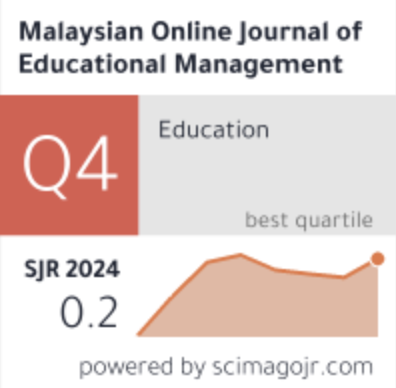STUDENT LOANS IN MALAYSIA AND CHINA: EQUITY, EFFICIENCY AND ADEQUACY
DOI:
https://doi.org/10.22452/mojem.vol4no1.5Abstract
Student loans have been widely practiced in many developed and developing countries to help finance tertiary education. Malaysia and China have advocated student loans to support tertiary education. Such financial assistance helps to reduce the economic burden of students. The objective of this study is to analyze the Malaysian and Chinese student loans in terms of adequacy, equity, efficiency and related issues. Additionally, this study identifies factors that determine adequacy of a student loan in Malaysia and China. Questionnaires were distributed to 200 undergraduate students in Malaysia and China respectively. This study applied descriptive statistics and logistic regression to analyze the data. The findings indicate that the amount of student loans offered should be increased. Both the Malaysian and the Chinese government should concentrate on the equity, efficiency and related issues of student loans. The results also show that nationality, the amount of tuition fees and parental income are important determinants of student loans in Malaysia and China. It is hoped that appropriate policy interventions can be undertaken by policy makers to ensure proper funding for undergraduate students.









